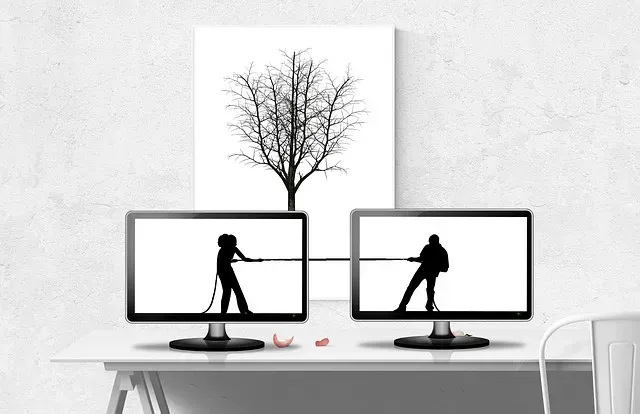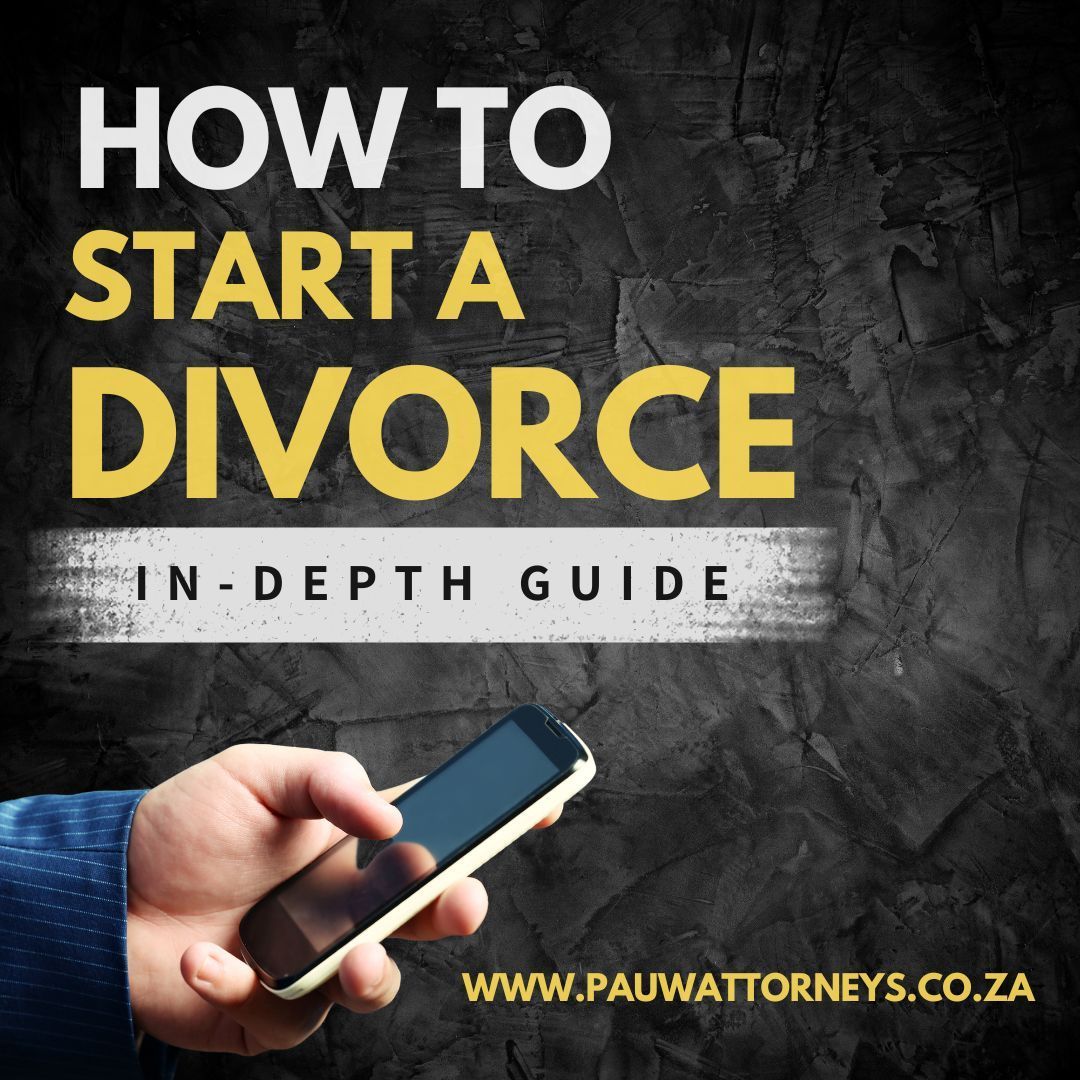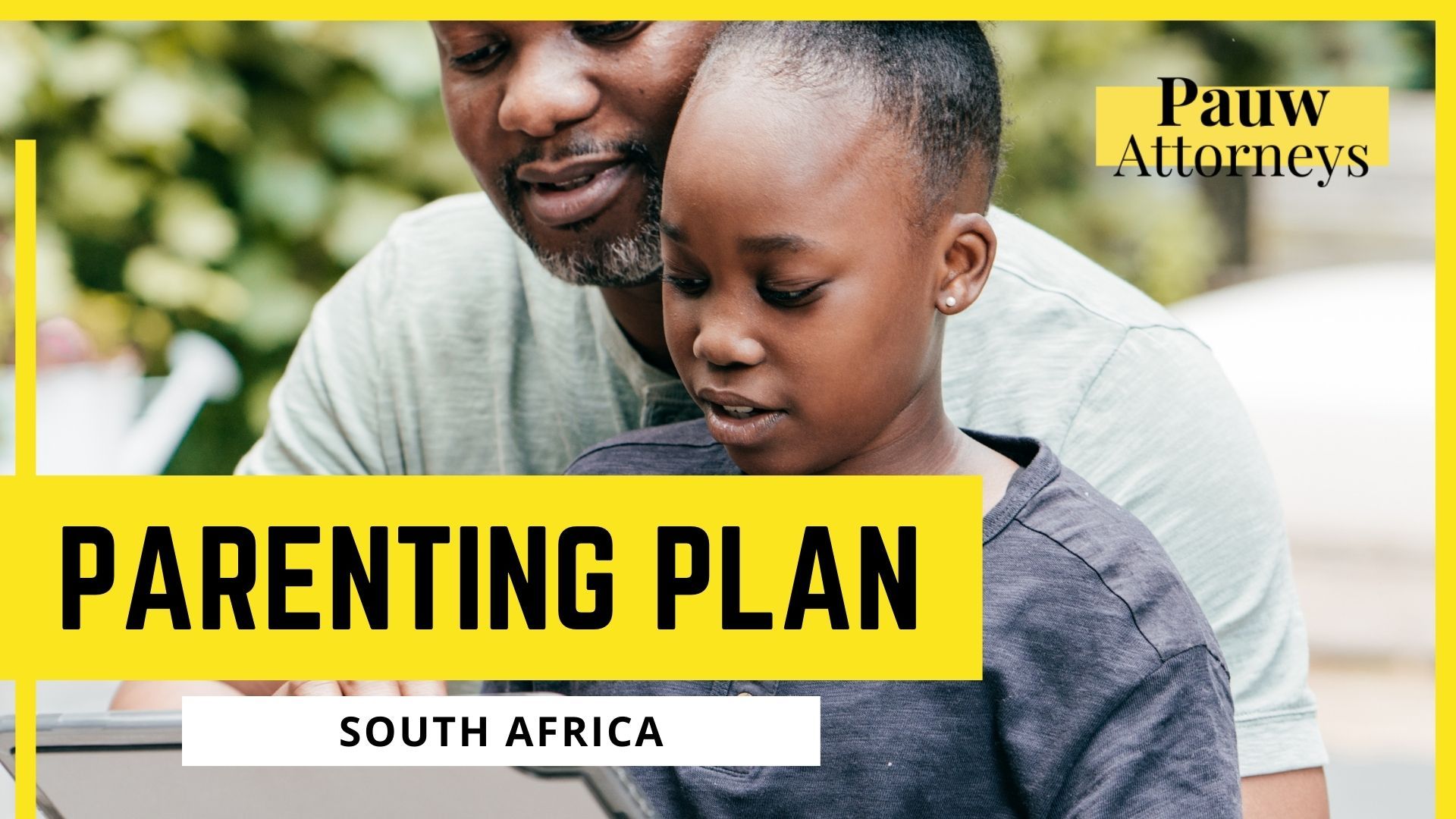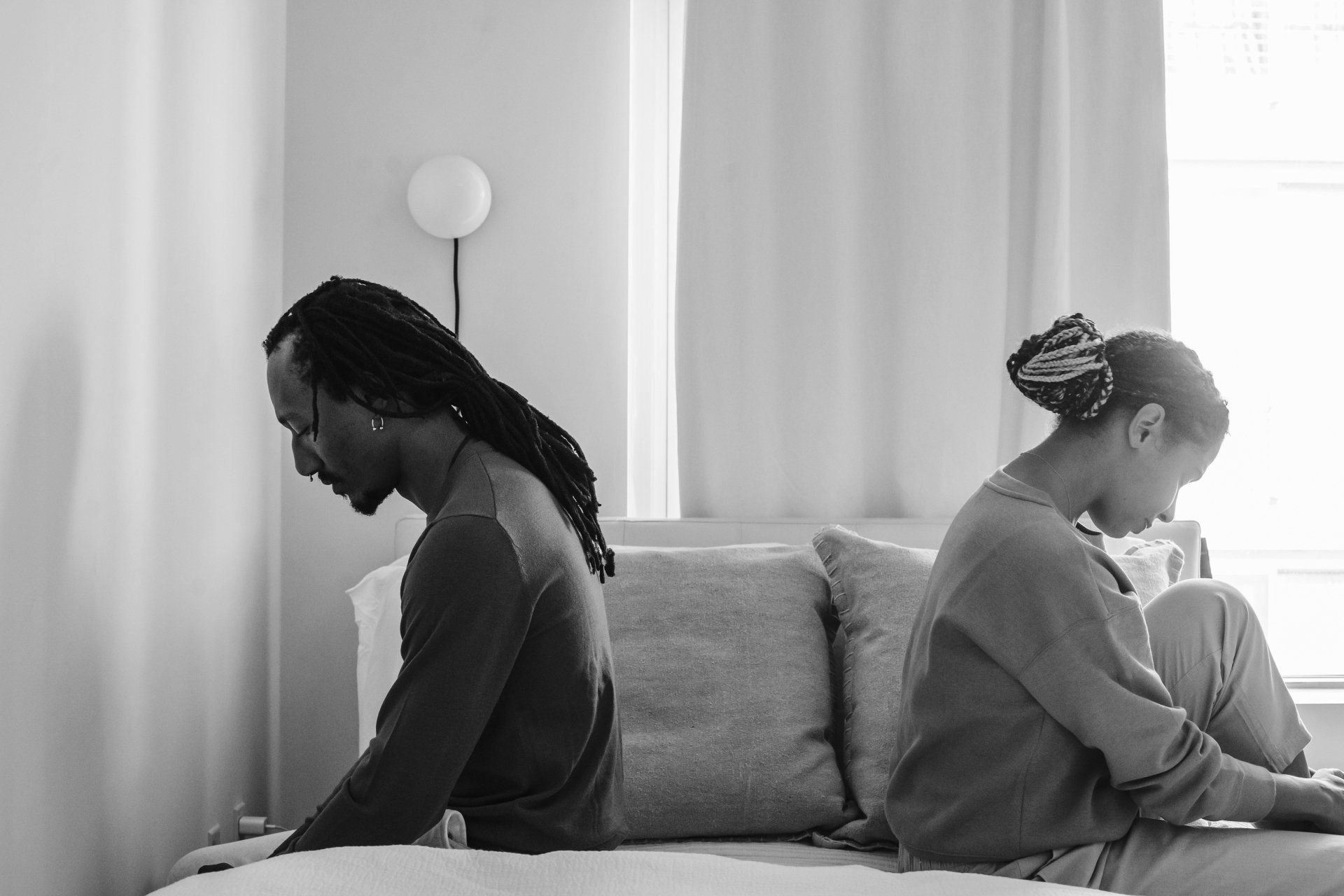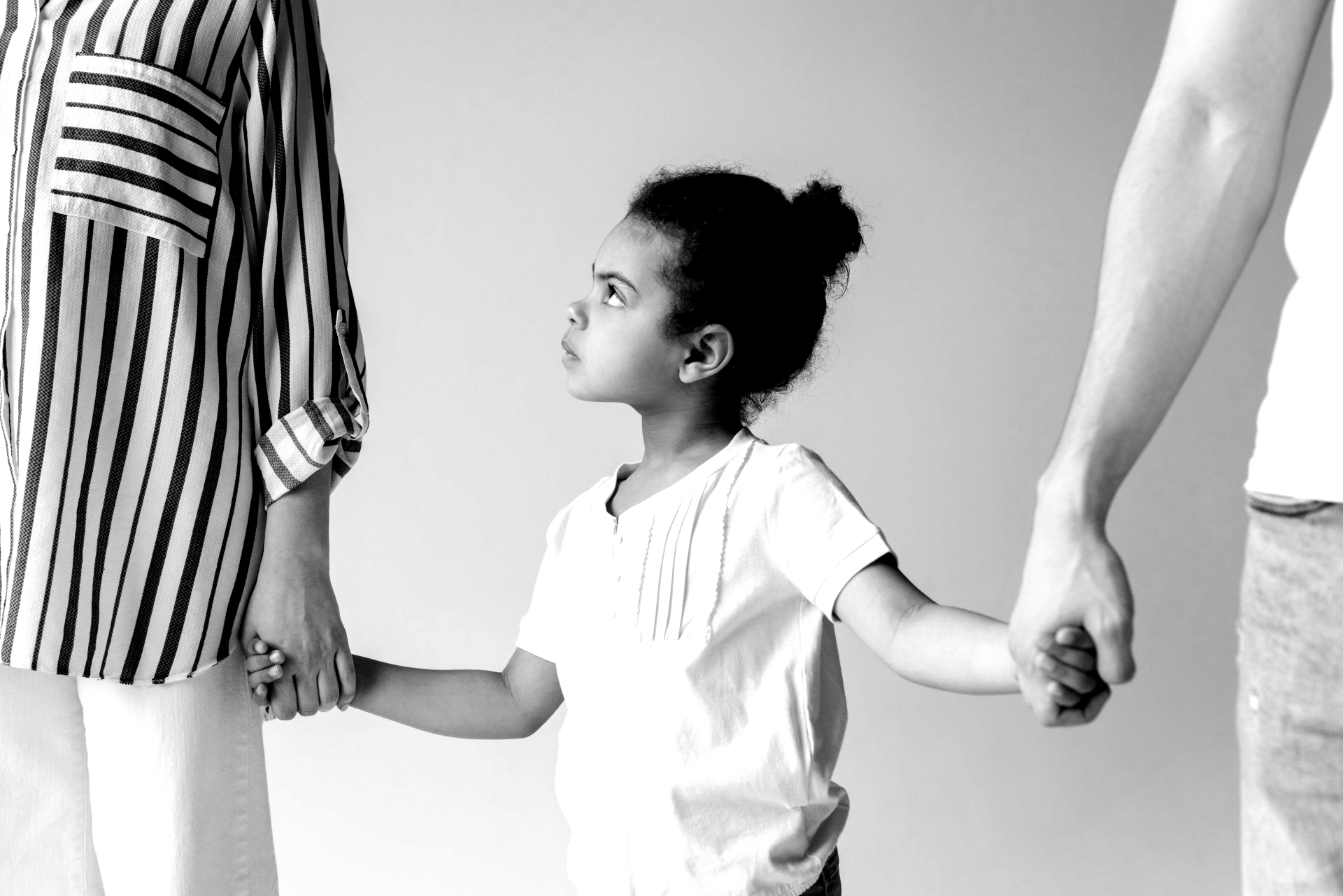Child Maintenance - From Confusion To Clarity
Laetititia Pauw
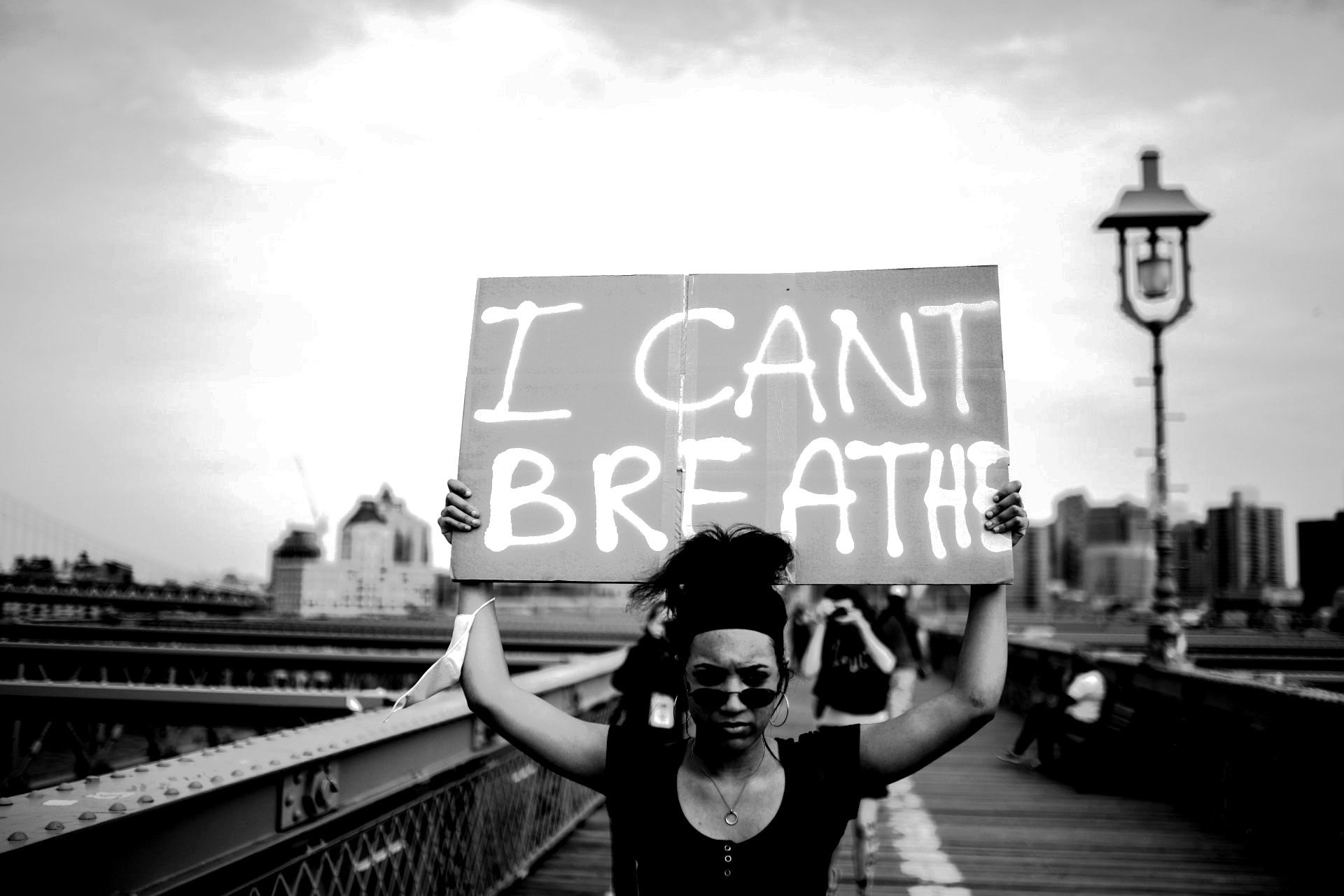
If You File for Divorce, Will You Get "Emotional Justice"? A divorce, by its very definition, causes disruption in a person's life. It is possible for a person to feel some of the most powerful emotions they have ever felt as a result of it, including sadness, grief, anger, frustration, and despair, and sometimes even blame, shame, guilt, humiliation, rejection, hopelessness, or the desire for vengeance. Even couples who are able to divorce civilly will inevitably experience the emotional fallout. Unfortunately, you're not likely to find what you're looking for in court.

Make sure you get the HELP you need. Getting a divorce is a challenging and life-altering experience that can have substantial repercussions on both individuals and the families they leave behind. It is a difficult legal process that encompasses a multitude of concerns, some of which include the division of property, the custody of children, and spousal maintenance, among other things. It is crucial to have a trustworthy and competent attorney to guide you through the process of getting a divorce because it may be a tough and stressful experience to go through the divorce procedure.

When considering a divorce, there are a number of important steps you can take to make informed decisions and ensure that the process goes as smoothly as possible: Seek counseling or therapy: Consider speaking with a counselor or therapist to discuss your feelings and explore your options. This can help you gain clarity and perspective on your situation, and provide you with emotional support during this difficult time. Consult with a lawyer: If you are considering a divorce, it is important to understand your legal rights and obligations. Speak with a family law attorney who can advise you on the legal issues involved in your case and help you navigate the divorce process. Gather financial information: Make sure you have a clear understanding of your financial situation, including assets, debts, and income. This will be important when negotiating a divorce settlement. Consider the impact on children: If you have children, consider the impact that a divorce may have on them. You may want to speak with a child psychologist or family therapist to help you make decisions that are in your children's best interests. Try mediation: If possible, consider mediation as an alternative to a traditional divorce. Mediation can be less costly and less adversarial than a court-based divorce, and may be a good option if you and your spouse are able to work together to reach a settlement. Take care of yourself: Going through a divorce can be emotionally and physically exhausting. Make sure you take care of yourself during this time by getting enough rest, eating well, and engaging in activities that you enjoy. Remember, divorce is a difficult process, but there are resources and support available to help you through it.

WHAT NOT TO DO, WHEN GETTING DIVORCED! Getting a divorce can be one of the most emotionally and financially challenging events that a person can go through. For women with children in South Africa, this process can be even more difficult due to the added responsibility of caring for their children. However, there are some things that women can do to make the process easier for themselves and their children. On the other hand, there are also some things that women should avoid doing during the divorce process in South Africa. Here are some of the things not to do when getting divorced in South Africa for women with kids.

According to GOOGLE, the most frequently asked questions about divorce in South Africa include: How long does a divorce take in South Africa? What are the grounds for divorce in South Africa? How much does a divorce cost in South Africa? What is the process for getting a divorce in South Africa? What happens to assets during a divorce in South Africa? How does child custody work in a divorce in South Africa? Can you get a divorce without a lawyer in South Africa? How does spousal support work in a divorce in South Africa? Can you contest a divorce in South Africa? What is the role of the mediator in a divorce in South Africa?



















